57 Seconds
BUY OR RENT IT NOW
ON DIGITAL & DVD
57 Seconds
Josh Hutcherson (The Hunger Games) and Academy Award® winner Morgan Freeman (Million Dollar Baby) star in this heart-racing action thriller. When a tech blogger discovers a time-altering device, he unleashes its power to rewrite the past and seek revenge against the ruthless corporate empire that destroyed his family. But his actions soon trigger a terrifying chain of events, propelling him into a pulse-pounding battle for survival where every second counts.
Run time
1 hr 39m
Genre
Action, Sci-Fi, Thriller
Director
Rusty Cundieff "Tales from the Hood"
Writer
Macon Blair (screenplay by), Rusty Cundieff (screenplay by), E.C. Tubb (story based on)
Cast
Josh Hutcherson “Hunger Games” Franchise, “Five Nights at Freddy’s”
Greg Germann “Grey’s Anatomy”, “Ally McBeal”
Lovie Simone “The Craft: Legacy”, “Greenleaf”
Bevin Bru "Batwoman”, “Ramy”
Sammi Rotibi “Django Unchained”, “Batman v Superman: Dawn of Justice”
Morgan Freeman “Olympus Has Fallen”, “Million Dollar Baby”
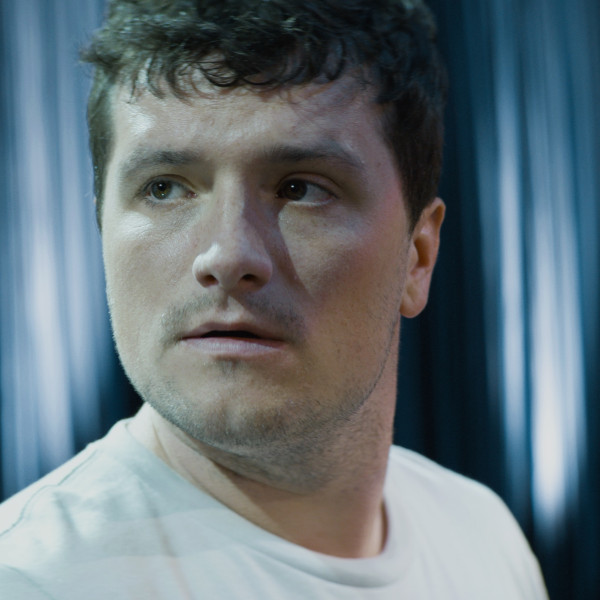
Josh Hutcherson
Franklin Fox
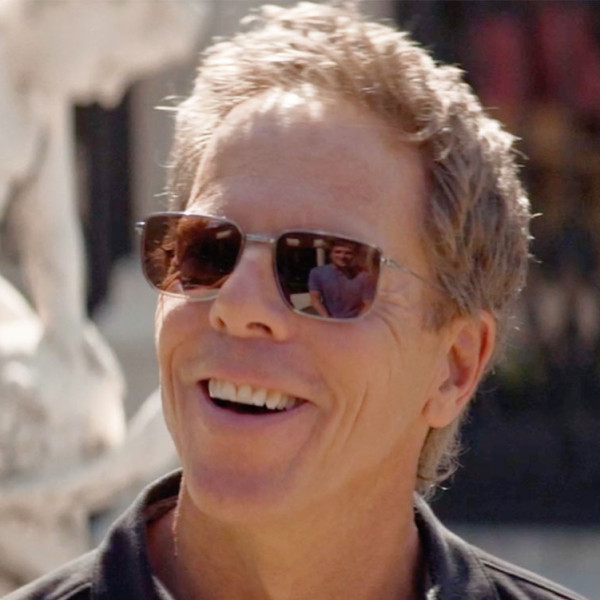
Greg Germann
Sig Thorensen
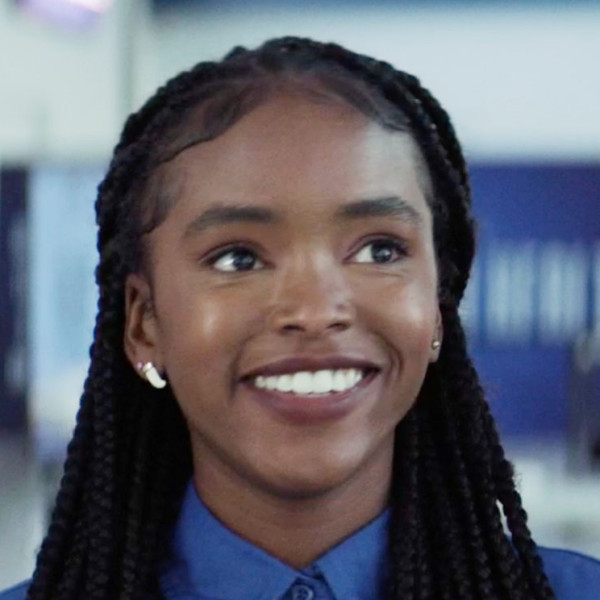
Lovie Simone
Jala
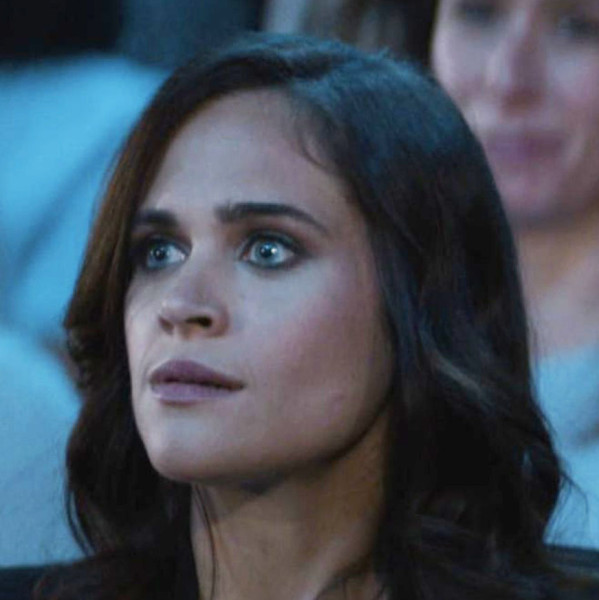
Bevin Bru
Rene Renzler
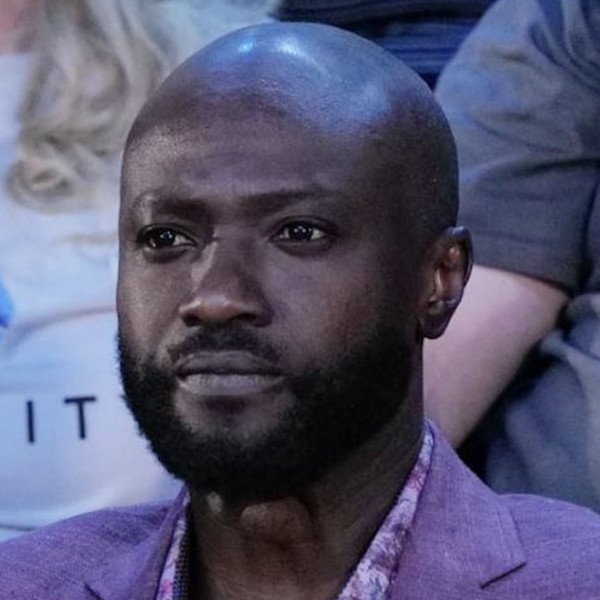
Sammi Rotibi
Calvert
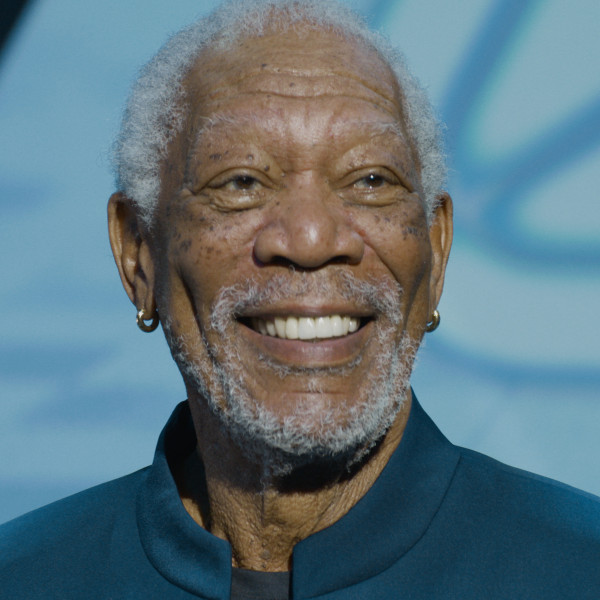
Morgan Freeman
Anton Burrell
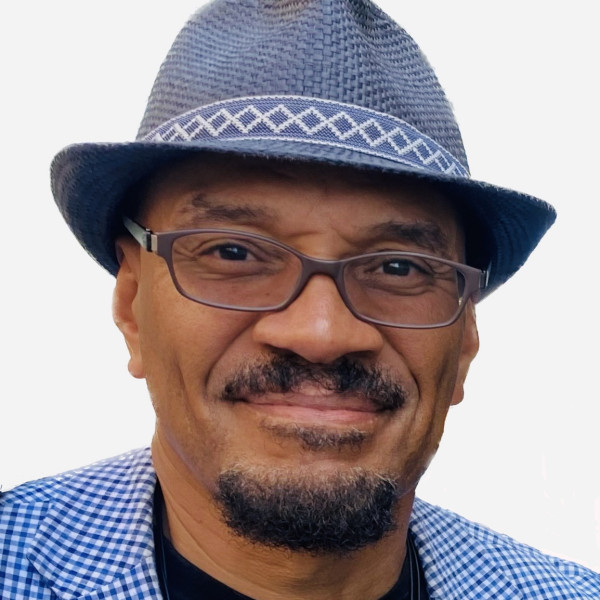
Rusty Cundieff
Writer/Director
Director's Statement
As a filmmaker, I get excited by the human story, and find it a plus if there’s something that connects to real world concerns. With 57 SECONDS, I saw an opportunity to focus on how technology can force us into questions of ethics and morality. Today we have tools at our fingertips that allow us to respond to events at the moment, short circuiting our time to be thoughtful, cool down and consider consequences. So, 57 SECONDS, though a genre film, presents a drama that examines how emotions of love, greed, faith and revenge influence the innate human desire to solve things quickly by sometimes too readily embracing technology, be it through a pill or a computer. At its core, this story is an examination of human behavior set within a supernatural/Sci-Fi thriller that should appeal to festival goers and general audiences alike.
-Rusty Cundieff, Director
Photo courtesy of The Avenue.
57 SECONDS l Official Clip l The Interview
"It's not, 'what do we need to manage pain from accidents?', it's, 'why have accidents in the first place?'" Find out more about the TriBand technology Anton Burrell (#MorganFreeman) is proud to discuss with Franklin (#JoshHutcherson).
Photo courtesy of The Avenue.
The ultimate playlist of music featured in the upcoming action, sci-fi thriller movie 57 SECONDS, starring Josh Hutcherson (The Hunger Games) and Academy Award® winner Morgan Freeman (Million Dollar Baby). WATCH the movie in theaters and on digital September 29.
57 SECONDS - Music From the Film Official Playlist
Franklin finds a ring that grants him the ability to travel back 57 seconds. See #57Seconds 9/29!
Video courtesy of The Avenue.
Try out these #TimeTravel #DatingTips! See #57Seconds in theaters & on digital September 29!
Video courtesy of The Avenue.
What would you do if you could rewind into the past?
Video courtesy of The Avenue.
Greed vs. Good.
Video courtesy of The Avenue.










